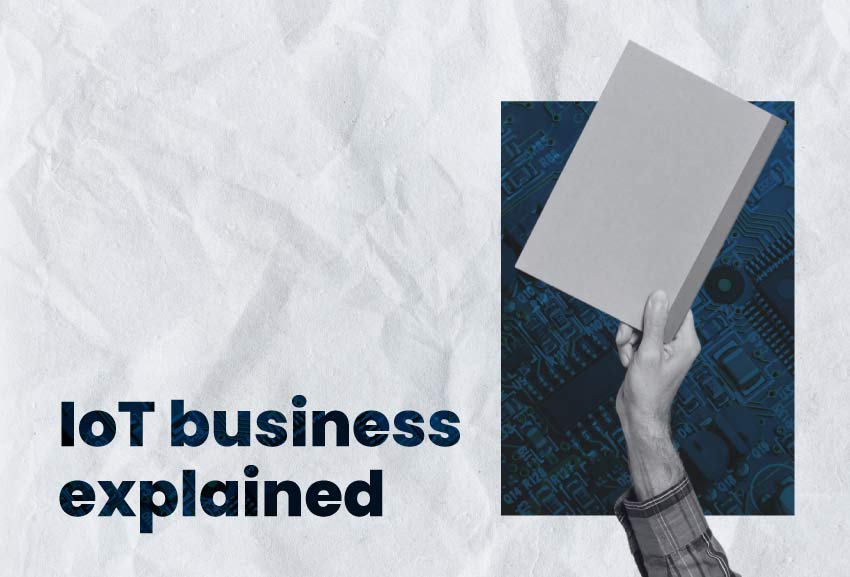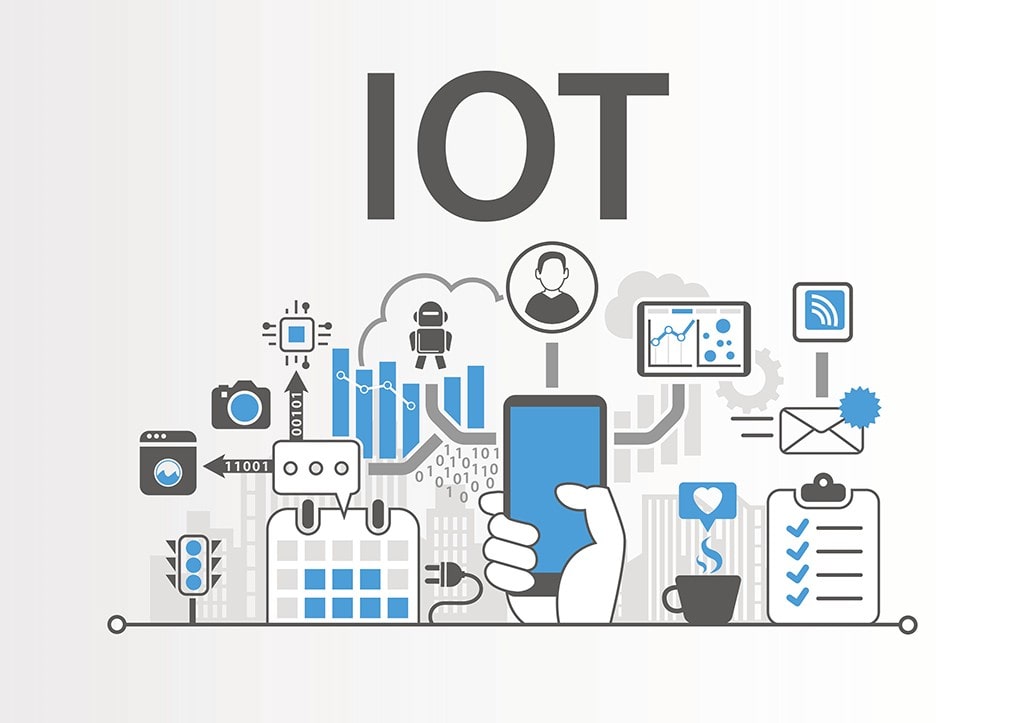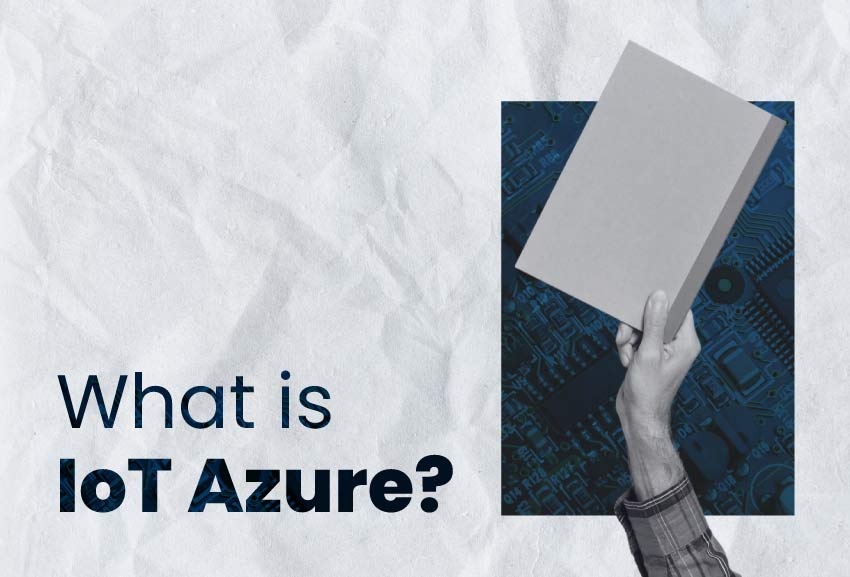The businesses have been transformed thanks to the use of the Internet of Things (meaning of IoT), this has led to the birth of the IoT business. What is IoT business? Well, it is an integration of IoT devices and pieces of hardware that contribute to the gathering of data, which can serve as a tool for decision making of the companies to improve their processes. The Internet of Things business relies on data, technology, sensors, and innovation, and its main characteristic is the possibility of providing 24/7 connectivity to the companies and to the users as well.
The business of IoT has grown to such a level that it has created new business models. Let’s see some of them.
IoT business models
You can see several IoT devices examples in daily life, however these products belong to specific business models that support their performance in the market.
1.Platform business model
Amazon is a great example of this. People use Alexa in their homes as an assistant, and as a system for managing and monitoring different places of the house. However, Alexa also offers the possibility to order new products through Amazon and other vendors, thanks to the data collected, the users will be offered new services or products according to their needs.
2.Asset tracking model
Companies are in need of tracking their assets: hospitals, logistics, transportation, and retail. Thanks to this monitoring, the operative processes can be improved, and the high value assets can be protected against robbery or sudden malfunctioning.
This IoT business model has a big potential, since there can be many developments in asset management and tracking. In fact, we developed an electric vehicle tracker.
3.Subscription model
Since the IoT devices constantly gather information, there can be apps that provide specific information to their users, but there can be extra features that are provided in exchange for a monthly subscription. Imagine a wearable that gathers information such as burned calories, oxygen levels, sleep patterns, among others.
Thanks to IoT analytics, the companies that manufacture these IoT devices can offer new services such as workout plans customized to the lifestyle of their users, or recommendations about recipes, nutrition tips, and other tips.
4.Data-driven model
This is a model where companies can monetize the data they collect. For instance, companies that sell smart home appliances could share the data they collect to utility companies, which can make decisions according to water and energy consumption, and offer new fees to customers in certain areas.
Another way to monetize is by taking the data IoT products collect from their users, and sell it to third parties that can offer them products and services. Though this isn’t IoT, a good example is Facebook and Instagram, they gather data from their users, and share this information with companies that are interested in such public (by using Facebook ads, or Instagram ads.)
Of course, this model needs a previous authorization from the users, since nobody wants a privacy invasion.
IoT business applications
Thanks to the use of the Internet of Things, the business has created many applications of IoT, some of them are:
- Smart agriculture.
- Ehealth.
- Smart energy.
- Smart waste management.
- Smart retail.
- Smart home.
Don’t miss the chance of taking your startup or company to the next level by developing new devices for the IoT business. You can count on our IoT product development services to help you out.
Some articles related to IoT





